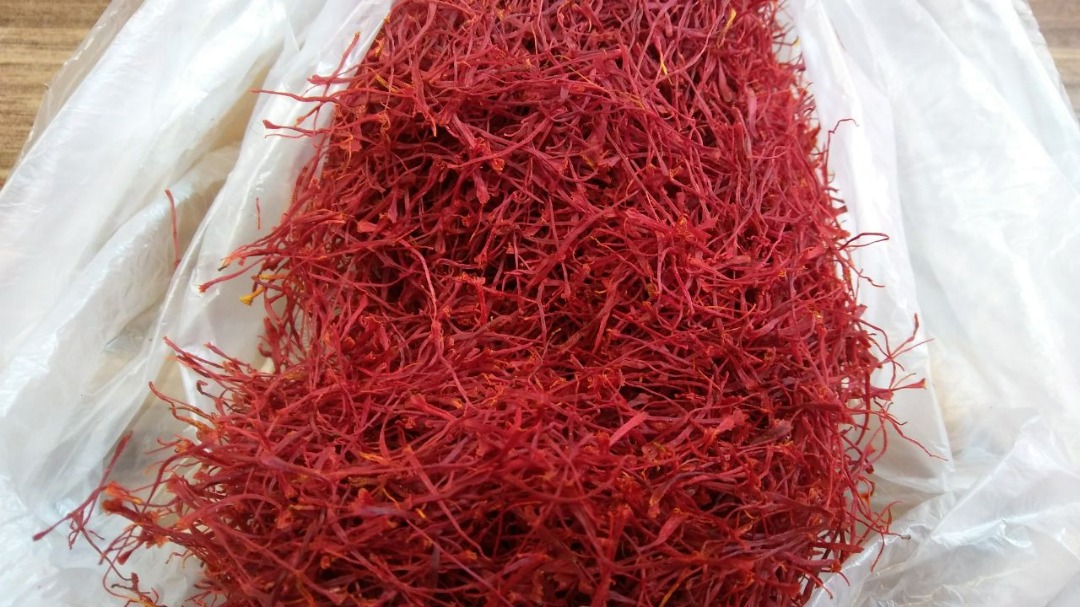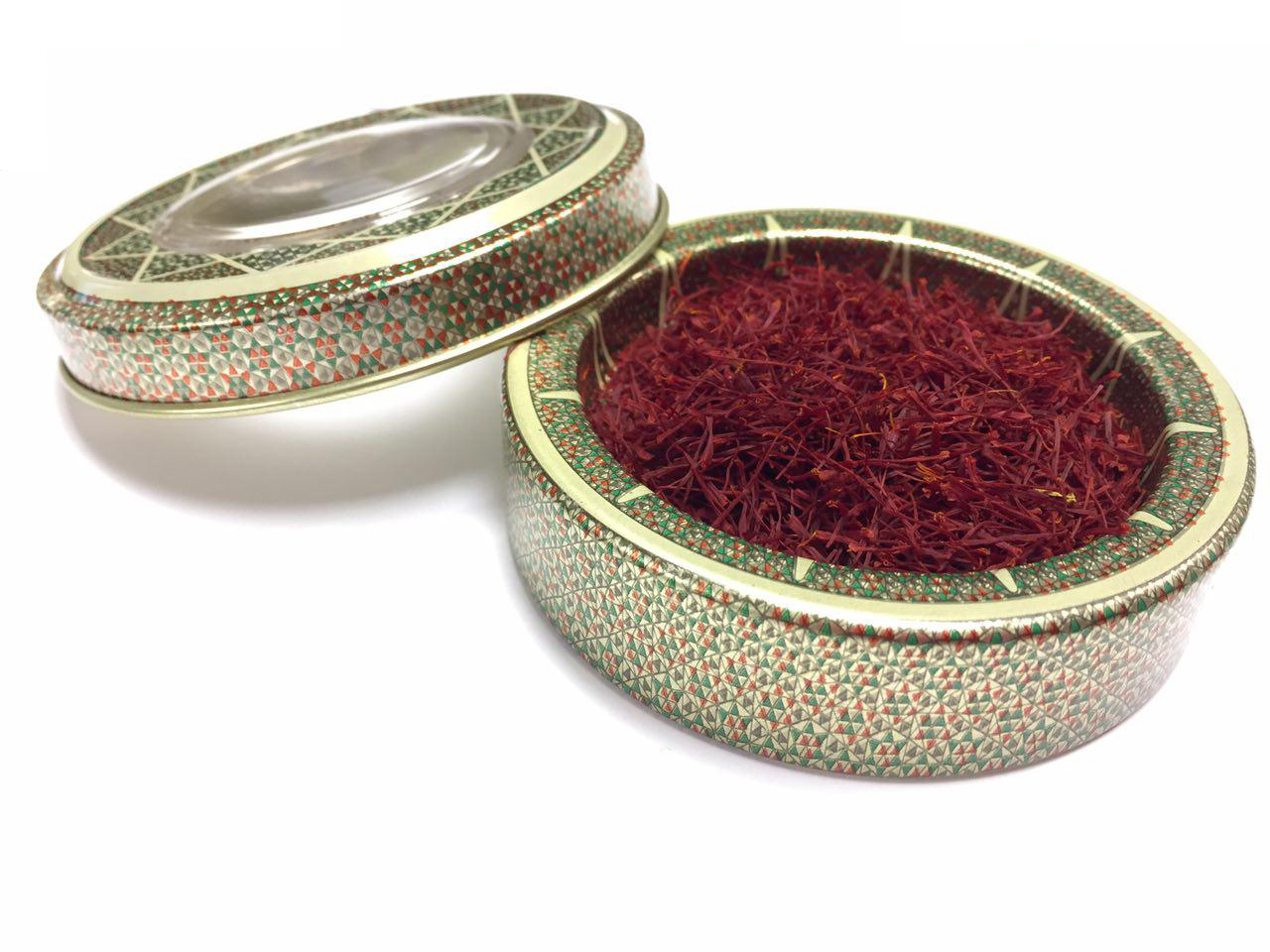What You Need to Know
Saffron, known as the world’s most expensive spice, often raises curiosity—not just about its flavor, but about its cultivation. With its high market value and growing demand, many people ask: Is growing saffron legal? The short answer is yes. In most countries, growing saffron is completely legal. However, there are a few important considerations before you start planting.

Understanding the Legal Status of Saffron Cultivation
Saffron comes from the Crocus sativus flower, a sterile plant that requires manual planting and harvesting. Unlike some plants associated with legal restrictions, saffron is neither a drug nor a controlled substance. Therefore, its cultivation is allowed in nearly all parts of the world.
In fact, countries like Iran, India, Afghanistan, Spain, and Morocco have been cultivating saffron for centuries. Today, many farmers—and even home gardeners—are legally growing saffron in Europe, North America, and Australia.
Are There Any Restrictions on Growing Saffron?
In most cases, there are no legal restrictions on saffron cultivation. However, you should consider a few local factors:
-
Zoning laws: In some residential or agricultural zones, you may need permits to grow crops commercially.
-
Export/import regulations: If you plan to sell or ship saffron internationally, your country’s agriculture department may require certification.
-
Organic standards: For organic saffron farms, certification is necessary and may involve inspections and compliance with national guidelines.
In the United States, for example, saffron can be legally grown in states like Pennsylvania, Vermont, and California. There are no federal laws that ban saffron farming, but state regulations may apply to labeling and sales.
Why More People Are Growing Saffron Legally
The global saffron market continues to expand, and as a result, many entrepreneurs and small farmers are exploring saffron as a legal, high-value crop. It requires minimal space, grows well in temperate climates, and demands relatively low water usage.
Benefits of Legal Saffron Cultivation
-
High market value: Just a few grams of saffron can sell for hundreds of dollars.
-
Small-scale farming: You don’t need acres of land—100 square meters can yield a valuable harvest.
-
Growing demand: Saffron is used in cooking, health supplements, cosmetics, and even in wellness teas.
-
Eco-friendly: Saffron is pesticide-free when grown organically and has a low environmental footprint.
As a result, saffron cultivation has become an attractive legal farming option, especially for small agricultural startups and specialty crop growers.
Is Growing Saffron Legal in Your Area?
In conclusion, yes—growing saffron is legal in most countries and regions. As long as you comply with local agricultural laws and zoning rules, you’re free to grow this golden spice on your property.
Whether you’re interested in saffron for personal use or planning to start a boutique spice business, it’s important to source high-quality corms and understand best farming practices. With its rich flavor, health benefits, and strong market value, saffron offers a unique legal opportunity for growers around the world.
https://saffronexporter.com/saffron-make-you-sleep/814/
Do I Need a License to Sell Saffron






